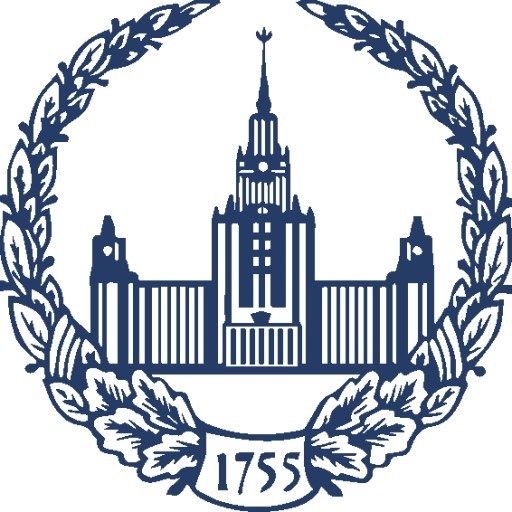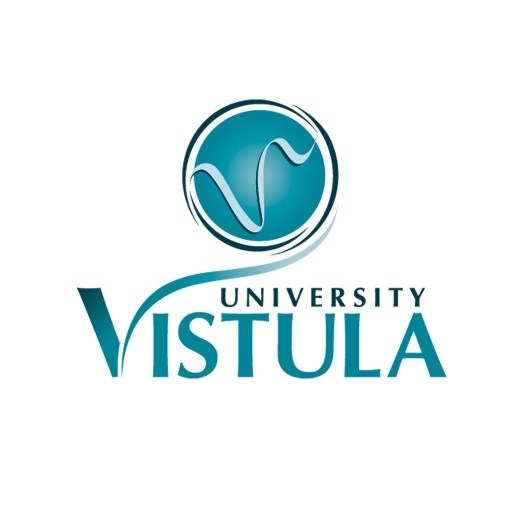Photos of university / #suffolk_U
The Bachelor of Arts in International Economics at Suffolk University offers students a comprehensive understanding of the global economic environment and the intricate mechanisms that drive international markets. This interdisciplinary program combines foundational economic theories with practical insights into international trade, finance, and policy, preparing graduates for dynamic careers in global business, government, and non-profit organizations. Students will engage with core courses in microeconomics and macroeconomics, complemented by specialized classes in international trade, monetary policy, and economic development. The curriculum emphasizes analytical skills, quantitative methods, and critical thinking to interpret complex economic data and trends. Additionally, students have opportunities to participate in internships, study abroad programs, and research projects, gaining hands-on experience and real-world perspective. The program also encourages understanding of cultural, political, and legal factors influencing economic activity across borders, fostering globally minded professionals. Faculty members are experienced economists and researchers dedicated to providing personalized mentorship and rigorous academic instruction. Graduates of the Bachelor of Arts in International Economics are well-equipped to pursue careers in multinational corporations, international financial institutions, government agencies, and policy think tanks. They may also choose to further their education through graduate studies in economics, international relations, or business. The program's rigorous curriculum, combined with the university’s central location in Boston, offers students valuable networking opportunities and access to a vibrant economic hub. Overall, the Suffolk University Bachelor of Arts in International Economics prepares students to analyze and respond to the economic challenges and opportunities of our interconnected world, enabling them to become effective professionals and informed global citizens.
The Bachelor of Arts in International Economics at Suffolk University offers students a comprehensive understanding of the global economic landscape and the key factors that influence international markets. This program is designed to equip students with a solid foundation in economic theory, quantitative analysis, and policy issues related to international trade, finance, and development. Throughout the program, students will explore topics such as global economic systems, trade policies, exchange rates, international financial institutions, and the economic impacts of globalization. The curriculum emphasizes the development of critical thinking and analytical skills necessary to evaluate international economic data and to formulate effective policies. Students will engage in case studies, research projects, and simulations that reflect real-world economic challenges faced by nations and multinational corporations. The program also offers courses in related disciplines, including political science, international relations, and business, providing a multidisciplinary perspective essential for understanding complex global issues. Internships and study-abroad opportunities are integral parts of the program, allowing students to gain practical experience and an international outlook. Graduates of this program are prepared for careers in government agencies, international organizations, financial institutions, consulting firms, and multinational corporations, or for advanced study in economics, public policy, or business. The program combines rigorous coursework with expert faculty guidance and access to state-of-the-art facilities, ensuring students are well-equipped to succeed in the competitive field of international economics and to contribute meaningfully to global economic development.
Program requirements for the Bachelor of Science in International Economics at Suffolk University include completing a total of approximately 120 credit hours, encompassing both major-specific courses and general education requirements. Students must successfully complete foundational courses in economics, such as Principles of Microeconomics and Principles of Macroeconomics, to establish a solid understanding of economic theories and principles relevant to global markets. Advanced coursework includes International Trade Theory, International Finance, Economic Development, and Global Economic Policy, which are designed to deepen students' knowledge of international economic environments and policy issues. In addition to core economics classes, students are required to undertake courses in international business, political economy, and quantitative analysis, including statistics and econometrics, to develop analytical and research skills. Language proficiency requirements may mandate coursework in a foreign language to enhance communication skills across diverse populations. Students are encouraged to participate in study-abroad programs or internships to gain practical international experience. A capstone project or thesis involving research on global economic topics is typically required for graduation, allowing students to synthesize their learning and demonstrate their expertise. Elective courses in related fields such as international law, finance, or regional studies may also be chosen to tailor the degree to individual career interests. Students must maintain a minimum GPA as stipulated by the university policies in order to graduate. Advisory meetings with faculty advisors are recommended throughout the program to ensure academic progress and alignment with career goals. Overall, the program aims to prepare students for careers in international trade, finance, government agencies, or international organizations, equipping them with both theoretical knowledge and practical skills necessary for the global economy.
Financing options for the International Economics program at Suffolk University include a variety of financial aid opportunities designed to support both domestic and international students. Prospective students are encouraged to explore federal and state financial aid programs, such as Federal Work-Study, Pell Grants, and state-specific grants, which can provide essential funding support. Suffolk University also offers institutional scholarships based on merit, need, or specific demographics, which students can apply for during the admission process or upon enrollment. Additionally, the university provides a range of private scholarship opportunities funded by external organizations and corporate partners, some of which are exclusively available to students pursuing economics or international studies.
Students may also consider student loans as a means to finance their education; federal student loans generally offer favorable terms and repayment options. Suffolk University has an office dedicated to financial aid counseling, offering personalized assistance to help students navigate application procedures, understand their eligibility, and choose the most suitable funding sources. Furthermore, many students participate in internship programs, cooperative education (co-op), or part-time employment opportunities facilitated by the university, which can help offset costs while gaining practical experience in the field of international economics.
International students should also explore scholarships specifically available for international students, as well as payment plans that allow tuition to be paid over installments rather than a single lump sum. The university's Financial Aid Office provides comprehensive guidance on all available financial resources, including deadlines and application procedures. Students are advised to start planning early and complete the Free Application for Federal Student Aid (FAFSA) and other application forms well before established deadlines to maximize their potential funding. Suffolk University remains committed to making higher education accessible and affordable through these diverse funding avenues, enabling students to focus on their academic and professional development in international economics.
International Economics at Suffolk University offers students a comprehensive understanding of the global economic environment. The program emphasizes core principles of microeconomics and macroeconomics, combined with specialized courses in international trade, finance, and economic policy. Students gain analytical skills to assess international markets, understand economic relationships between countries, and evaluate the impact of governmental policies on global economic stability. The curriculum includes coursework in data analysis, economic modeling, and the use of statistical tools, preparing graduates for careers in international organizations, financial institutions, government agencies, and multinational corporations. Suffolk University also provides opportunities for experiential learning through internships, research projects, and study abroad programs, allowing students to apply theoretical knowledge in real-world contexts and develop a global perspective. The faculty members are experienced professionals and researchers in their fields, offering mentorship and guidance to support student success. The program is designed to equip students with a strong foundation in economic theory, quantitative analysis, and policy evaluation, fostering critical thinking and problem-solving skills essential for addressing complex international economic issues. Graduates of the program are well-prepared for advanced study or for entering the workforce in roles that require a nuanced understanding of international economic dynamics. Suffolk University's location in Boston, a major economic hub, also provides advantageous opportunities for networking and career development within the financial and international sectors.










